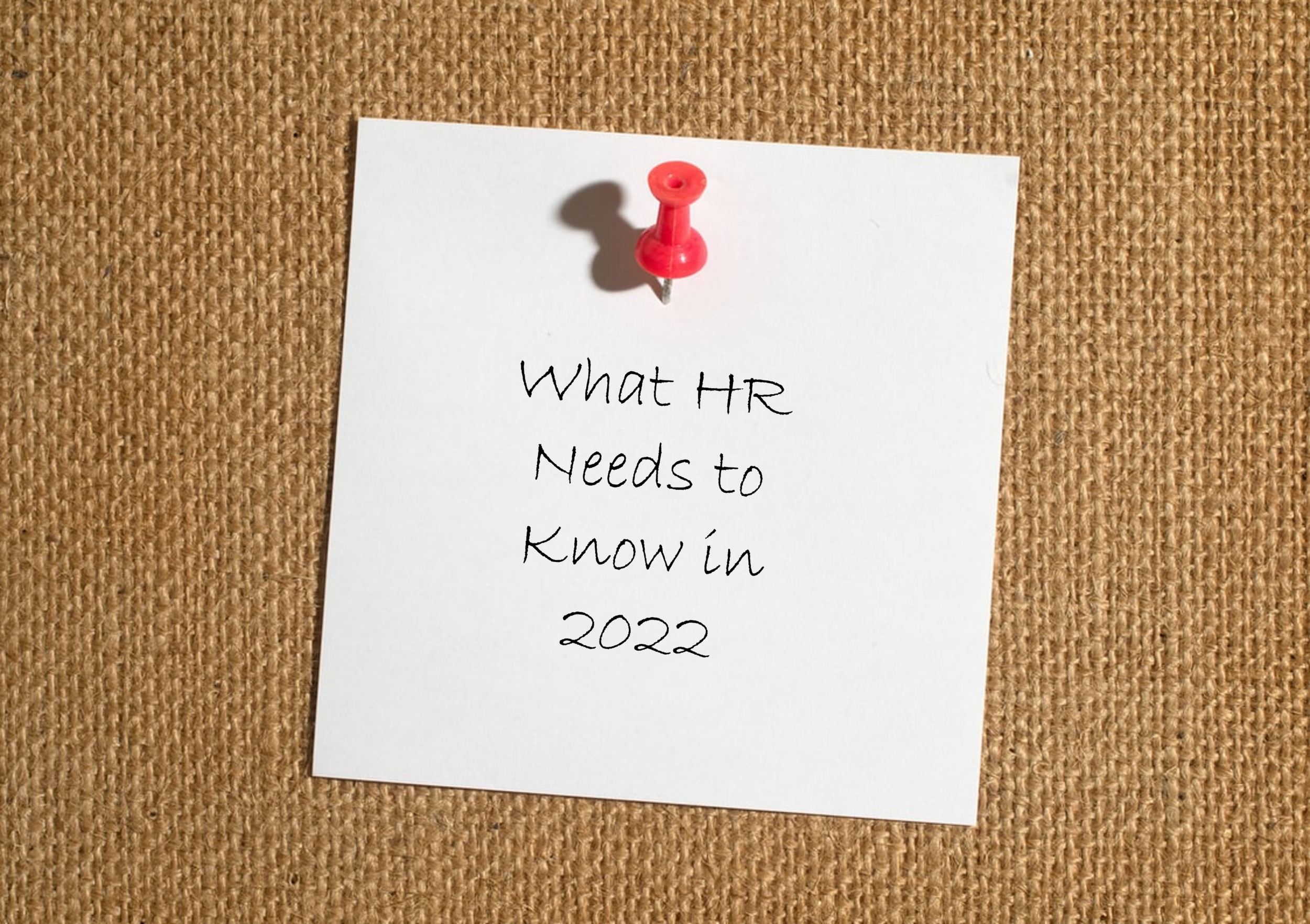In addition to day-to-day compliance concerns, HR must also adhere to strict legal requirements that protect employees and the organization, such as employee notices. HR pros spend a significant amount of time managing, distributing, and documenting employee notices in order to remain compliant with federal and state laws. And the rules can change with each new year!
With that in mind, here’s what you need to know about required employee notices for 2022.
What are Employee Notice Requirements?
As we near the new year, it’s important for HR and employers to know they’re responsible for disclosing certain information to comply with a variety of labor laws and regulations. In many cases, the Department of Labor (DOL) requires employers to post information for employees either online or in a public area that’s highly visible.
For each compliance regulation, the DOL clarifies which types of employers must post or distribute notices that apply to their workplace or workforce. For example, some notice requirements only apply to federal, state, and local employees and not private workers. There are also notices that are only required in specific industries, such as manufacturing.
When are Employers Required to Notify Employees?
Since notices apply to a variety of situations, employers, and industries, there is no single compliance date for disclosing notices. However, employee notices can be classified by these five triggering events:
-
Notices upon hire: This can include the Marketplace Exchange Notice, which is required by the Affordable Care Act and relates to health insurance. Remember, new hires must also fill out required forms, such as Form W-4 for tax withholding and Form I-9 for verifying permission to work in the US.
-
Notices when health benefits are offered: These can include a Summary of Benefits and Coverage (SBC), the Employer CHIP Notice, Women’s Health and Cancer Rights Act (WHCRA) Notice, and the Newborns’ Act Notice.
-
Notices due when enrollment is complete: Among these notices are the HIPAA Privacy Notice, the COBRA General Rights Notice, a Summary Plan Description (SPD), and a Patient Protection Notice.
-
Notices upon certain events: This includes life events, such as a divorce—when a Qualified Medical Child Support Order Notice may be required—or the loss of health insurance coverage—when a COBRA Election Notice may be required.
-
Notices by a certain date: These notices include everything from the Medicare Creditable Coverage Notice and Summary Annual Reports (SAR) for ERISA plans. Some of these date-specific employee disclosure requirements also include reporting to federal agencies, such as W-2s and 1095-Cs.
What Notices are Employers Required to Post?
According to federal compliance regulations, employers must post specific posters in high-traffic locations that are clearly visible to current and prospective employees. Companies should also make these posters digitally available on the organization’s intranet in addition to posting in the physical workspace.
At a minimum, these postings should include:
You can purchase these posters from companies like Labor Law Compliance Center, which compile all relevant state and federal compliance notices, sometimes for as little as $10.
Source: Bernie Portal






